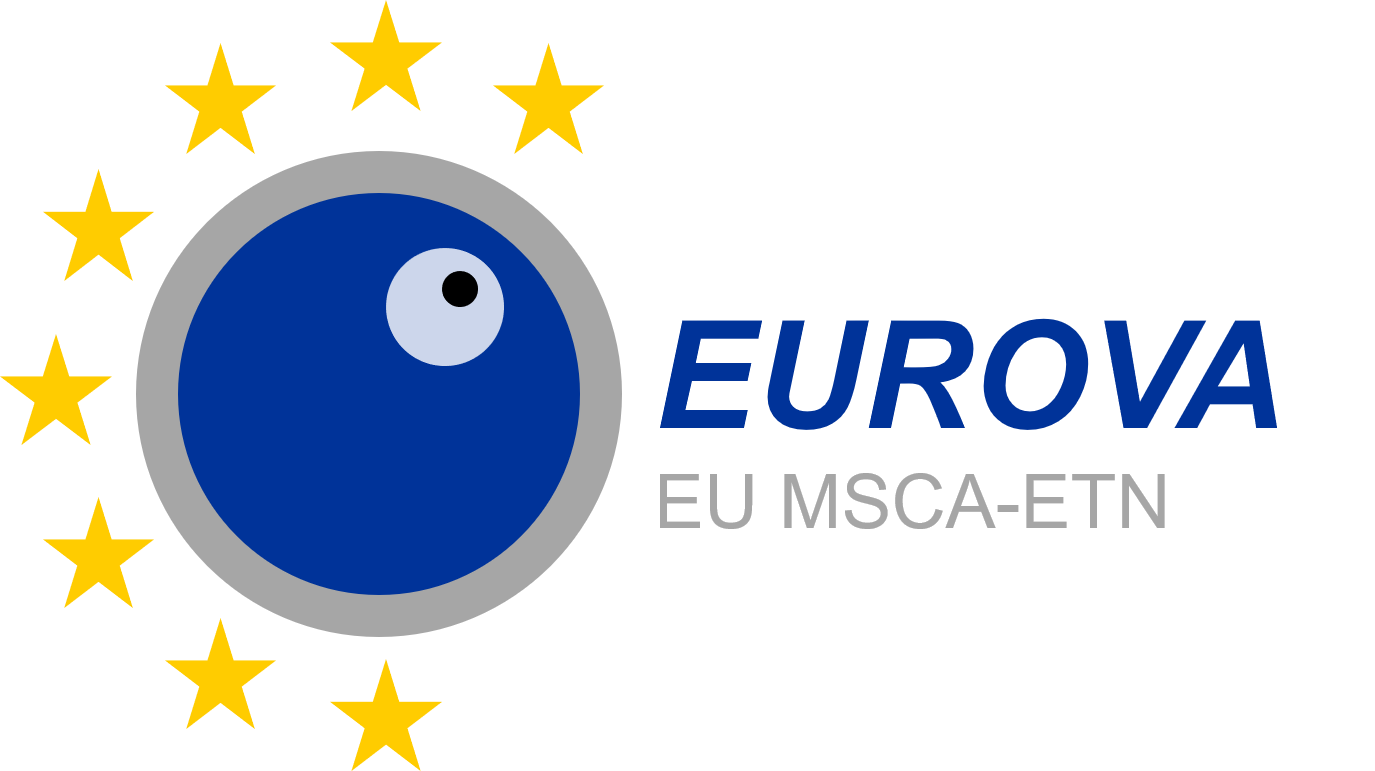Ms. Camilla Benedetti
ESR 8
Supervisor: Professor Ann Van Soom, Ghent University
Project: Identification of signalling factors during bovine oocyte maturation
Planned secondments: CRV (3 months) & UCD (3 months)
Email: Camilla.Benedetti@ugent.be
I started my reproductive biology education at the University of Teramo (Italy) where I obtained my M.Sc. degree in Reproductive Biotechnologies. In my M.Sc. I received a multi-field study approach to reproductive science, developing an in-depth knowledge about both the animal and human reproductive system and examining its clinical issues of pathological manifestations and infertility.
After my graduation I participated in the Erasmus + for Traineeship programme at the Hull York Medical School (UK). There, I undertook a mini project using the bovine model by which I gained a deeper understanding of oocyte biology and embryo development. This experience allowed me to improve my analytical thinking, the ability to use my initiative and specific soft skills in setting up scientific research procedure, further enriching my decision to pursue a career in research.
I am very excited to be part of EUROVA team, as the combined academic-industrial approach will provide an excellent springboard for my career, as well as the chance for me to develop a niche of research which perfectly matches my study interests.
Although modest improvement of oocyte quality after in vitro maturation have been accomplished in different animal models, recent studies show epigenetic and chromosomal anomalies are more prevalent in in vitro than in vivo bovine embryos. Therefore, understanding the proper microenvironment for growth and maturation of the oocyte is critical. However, many details regarding the role of the environmental cues secreted during the cross-talk between oocyte and cumulus cells remain still unknown.
The aim of this project is to undertake a detailed identification of signalling factors during bovine oocyte maturation to optimize in vitro maturation conditions necessary to improve oocyte quality. First, we will complete a systematic exploration of candidate soluble molecules which are most likely be involved in oocyte epigenome remodeling, chromatin integrity, maternal RNA translation and cytoplasmic acquisition of competence. In details, we will take into consideration proteins, exosomes, and non-coding RNAs using in vitro and in vivo matured cumulus-oocytes-complexes (COCs) from cattle. Our industry collaborator, Dr. Erik Mullaart, will share his expertise to ensure that collection and analysis of in vivo COCs will be accurately performed. Comparing the proteomic/microRNomics analysis between the in vivo and in vitro matured groups, we will be able to identify critical factors during in vivo maturation and finally to add them in the in vitro culture to assess embryo quality and development.

![Camilla[65201].jpeg](https://images.squarespace-cdn.com/content/v1/5eb45330898af85c5042a8eb/1603876229199-V4V757TIXI7L3W6UV98A/Camilla%5B65201%5D.jpeg)